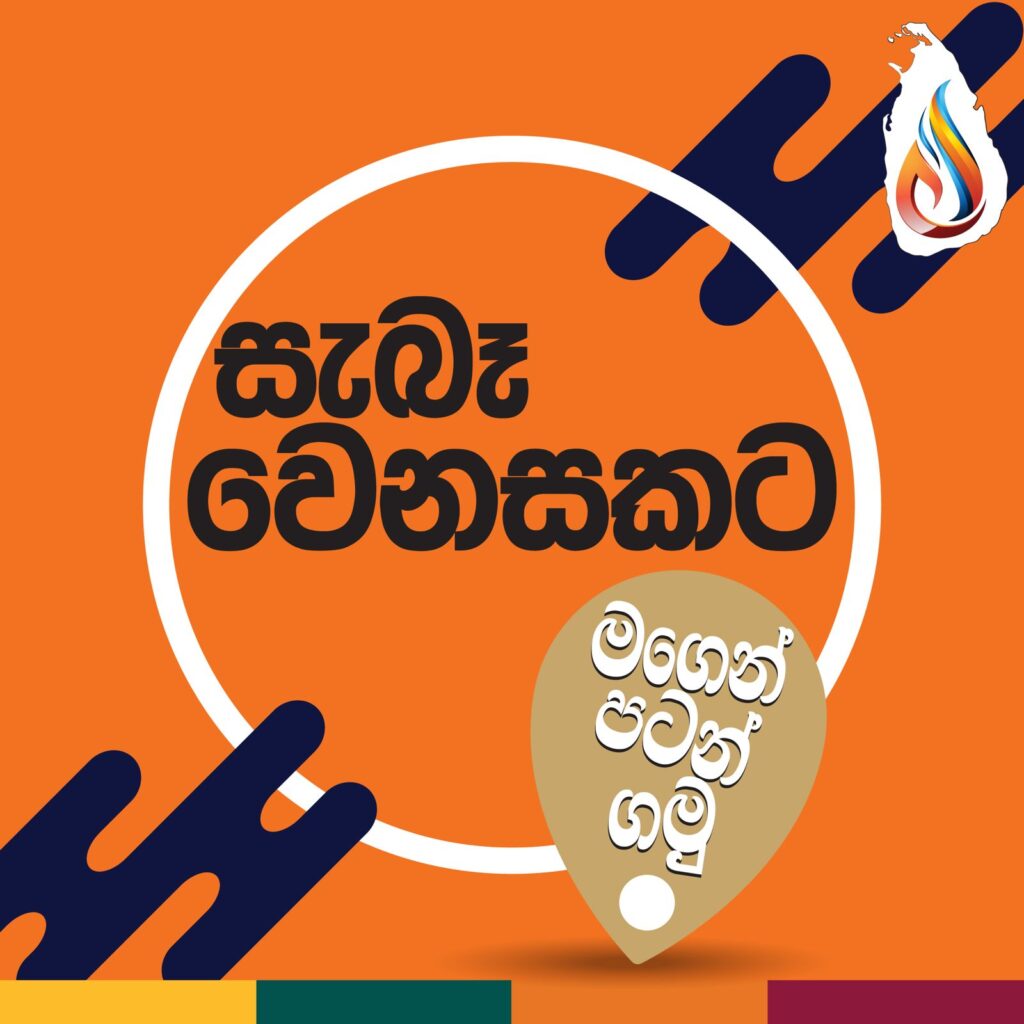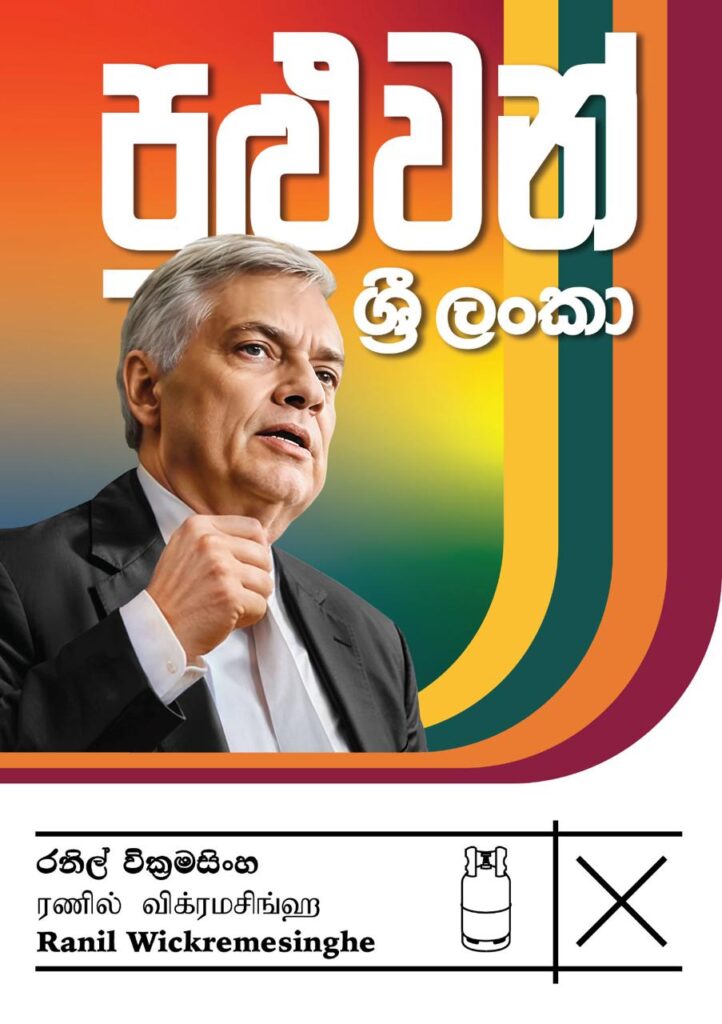September 01, Colombo (LNW): UN Women, the United Nations Entity for Gender Equality and the Empowerment of Women, marks its ten-year presence in Sri Lanka, reflecting on a decade dedicated to advancing gender equality and women’s empowerment.
Ramaaya Salgado, Head of Office at UN Women Sri Lanka, underscores the ongoing need to promote gender equality across the country.
UN Women commenced its operations in Sri Lanka on 1 September 2014, initially as a small team focused on advising the United Nations on gender equality issues.
Over the years, the organisation has expanded its efforts, growing into a robust team committed to addressing gender disparities in various sectors.
The organisation’s mission is centred around ensuring that women have equal opportunities in governance, economic autonomy, safety from violence, and participation in peacebuilding initiatives.
The mandate of gender equality is pivotal as it encompasses the upholding of human rights. According to Salgado, achieving gender equality is essential for creating a just society where everyone, regardless of gender, enjoys the same rights and opportunities.
This involves empowering women, who are often the most affected by inequality, and ensuring that they are active participants in decision-making processes that impact their lives.
Reflecting on the past decade, Salgado highlights several key moments, including the successful multi-party dialogues that brought together first-time elected officials from diverse backgrounds to discuss issues affecting their communities.
Additionally, UN Women’s work in empowering women entrepreneurs and contributing to Sri Lanka’s first National Action Plan on Women, Peace, and Security are noted as significant achievements.
However, the journey towards gender equality is fraught with challenges, particularly in the face of economic constraints and global pushbacks against women’s rights.
Salgado warns that without adequate resources and political will, the progress made in gender equality could stall, especially as Sri Lanka continues to recover from its economic crisis.
As Sri Lanka looks towards the future, UN Women emphasises the importance of gender-responsive planning and budgeting to address the unique needs of all citizens.
This approach requires a strong commitment from the government, as well as continuous efforts to change societal attitudes that perpetuate gender-based violence.
Salgado also points out that while the current policy frameworks in Sri Lanka are adequate, they must be implemented in a way that ensures they complement each other in the fight for gender equality.
The organisation remains committed to reflecting on its first decade of operations, with the goal of improving and building upon the programmes that have been implemented so far.
UN Women plans to take a step back to evaluate its past efforts, understanding what has worked and what needs improvement.
The organisation aims to refine its strategies to better serve the communities it works with, ensuring that its next decade of service in Sri Lanka is even more impactful and effective in promoting gender equality.



